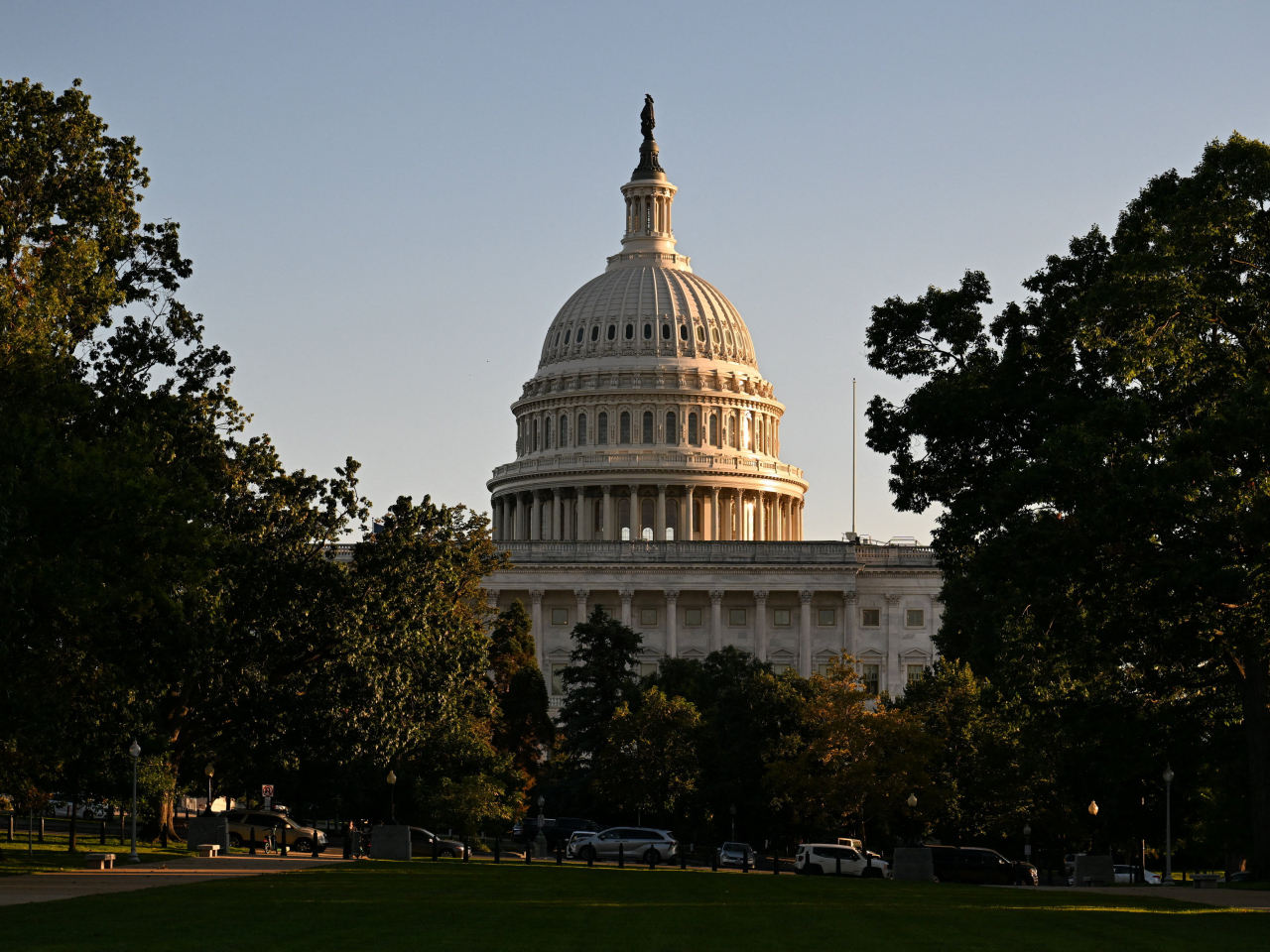The US government shutdown is set to stretch into next week after senators voted Friday for a fourth time to reject a funding fix proposed by US President Donald Trump's Republicans.
Federal agencies have been out of money since Wednesday -- with a wide range of public services crippled -- as a result of deadlocked talks in Congress on how to keep the lights on.
Tourist sites such as the Washington Monument have closed, key data on employment has been delayed and some official websites have ground to a halt, although other areas of government have yet to be affected.
Some 750,000 employees are likely to be put on furlough -- a kind of enforced leave with backpay after the shutdown -- as the funding crisis deepens.
Senate leaders have no plans to keep the upper chamber of Congress in session over the weekend, meaning Friday's vote on a short-term fix was the last chance of the week to end the crisis.
At the centre of the standoff is a Democratic demand for an extension of health care subsidies that are due to expire -- meaning sharply increased costs for millions of low-income Americans.
Republicans -- who control the legislature and the White House but need Democratic votes on government funding bills -- have announced no plans to address the issue.
The Democrats are trying to force Republicans' hand by blocking a Trump-backed funding resolution that needs a handful of their votes.
The White House said the Democratic posture amounted to "an intentional sabotage of our country."
"This madness must end," Trump's press secretary Karoline Leavitt told reporters. "President Trump and Republicans are calling on Democrats to reopen the government immediately on behalf of the American public."
Amid widespread pessimism over the possibility of a quick solution, Republicans voiced in Congress hopes that the latest failure might push some moderates in the opposition to cross the aisle.
"Hopefully over the weekend, they'll have a chance to think about it," Republican Senate leader John Thune told reporters at the US Capitol.
"Maybe some of these conversations start to result in something to where we can start moving some votes and actually get this thing passed." (AFP)





